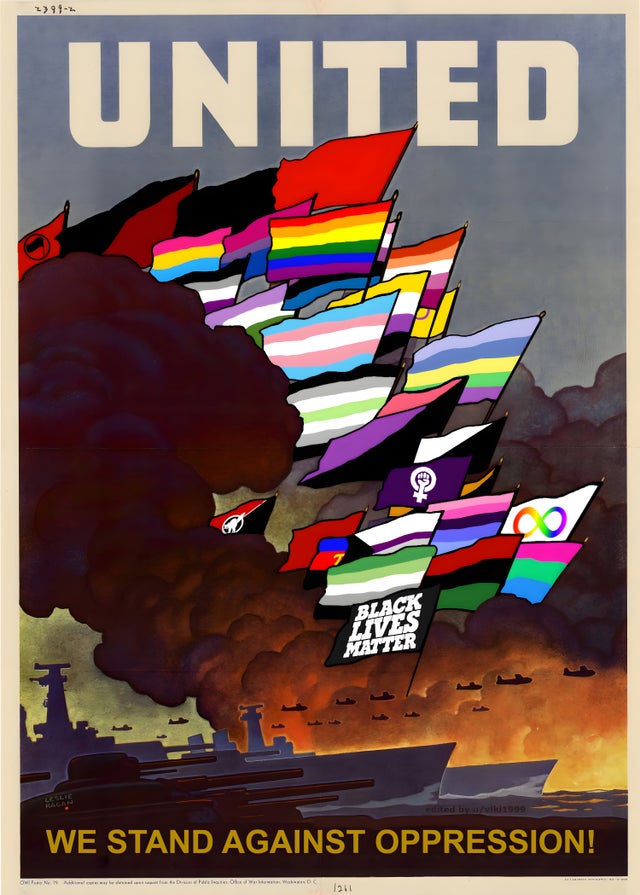Developing a couple drafts for a creative project that's been simmering in the back of my mind for years and it's very much a pretty standard genre fare in military sci-fi with characters that are in a specops fireteam doing wetwork operator shit fightin' evil aliens that want to wipe out humanity
![]()
![]()
The more I flesh out the plot and characters in my head, the more I feel like I'm relying on trope-y plots and character types, and was wondering if anyone has advice on how to write characters that fulfill the role of a stock character type in that kind of story that still have some depth and personality that isn't just "the no nonsense leader," "wiseass with a heart of gold" "gentle giant" "stoic man of few words with a tragic past" "bad bitch that's got something to prove" "antsy pessimist that's worried the Intel's off and the op's gonna go sideways" etc
I'm working on names and personalities and character designs and they're starting to feel like they're starting to come together and I have a sense of their interpersonal dynamics, but I keep feeling like it's starting to get too derivative or predictable and feel like the beats for bringing out some characterization naturally with incidental dialogue as the plot unfolds or little character details or moments seem too shoehorned and was wondering if any writers have some tips for how to add some of that color to a script that feels natural to the genre and momentum of a story without being like "and NOW I'll add some depth to character x before we move on"
Thanks in advance

Tropes are not faulty world-building, they're the bones of the fiction. Tropes explain the edges of the world and guide readers into the interesting bit where your story takes place.
The Epic of Gilgamesh is why shonen fiction exists and why the authors of the latter don't have to explain the social dynamics of the good-hearted hero and his angsty friend who's always training to beat him in a fight. You just get it because it is a story as old as stories, so they can spend 40 pages explaining the mechanics of ki or whatever.
The character archetypes you describe are pervasive because they're real, and they offer readers a way to bootstrap a connection to your work by analogy with people they've known or characters they've enjoyed in other fiction.
This isn't to say you should just pulp out and write by numbers, of course (unless you want to). Tropes, played straight or subverted, are a tool to manage the expectations of your audience and show-don't-tell your way into having enough room to tell the story without having to write Tolkienesque appendices to flesh out every goopy space elf in the galaxy.
Real people have long stretches of time where small variations of the same damn thing happen over and over, but fictional people don't unless they're in a time travel story. Personal growth is a journey; character growth is a brochure.
My only recommendation is that you try to avoid building depth through dialogue. Conflict, action, and revelation are your friends. Dialogue is where you tell the reader facts about the world, and only rarely where characters are fleshed out. The interaction between the characters and the facts of the world is the world.
GOOD reply, tyvm